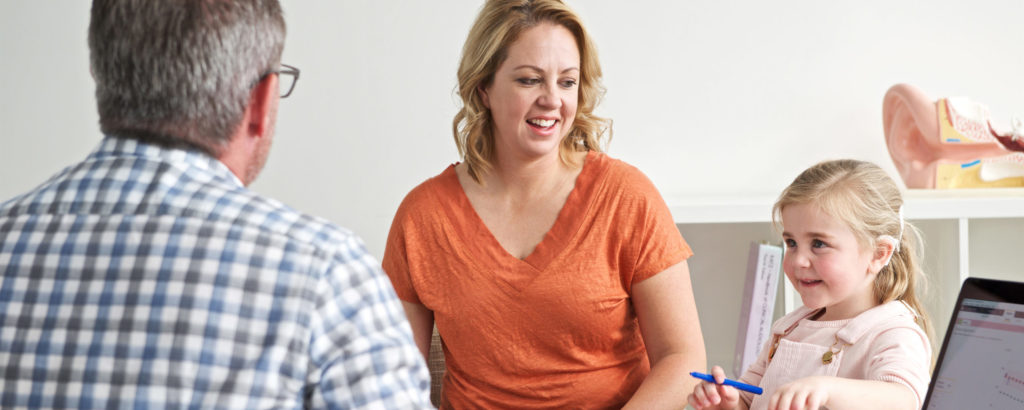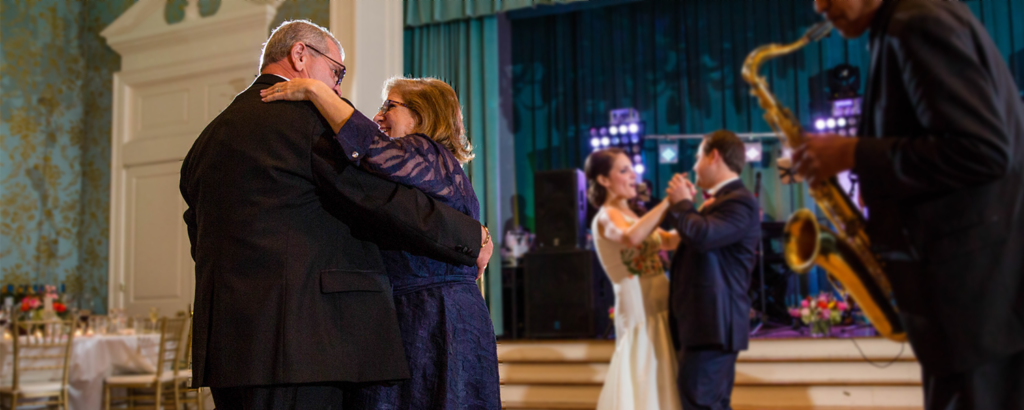Starting university is a significant milestone. For 23-year-old Vanessa, it also proved to be a major turning point for her hearing.
Fascinated by the beauty of life and biology, Vanessa had long set her mind on a career in the life sciences as she graduated polytechnic and began studying at Singapore’s Nanyang Technological University (NTU). What Vanessa had not planned was the sudden loss of hearing which left her ‘with no choice’ but to take a gap year from university to focus on finding an alternate hearing solution to her hearing aids and adjusting to life with cochlear implant.
After receiving her Cochlear™ Nucleus® 6 Sound Processor, Vanessa was excited to be back pursuing her passion in science. ‘What I love most about my course is that I get to hear first-hand from professors during lectures about their ongoing research in life sciences,’ she says.
Finding herself in lectures of up to 200 people, Vanessa asked the teaching staff to wear assistive devices like her FM device or Cochlear™ Mini Microphone 2+ to stream the audio to her sound processor. This meant that she could sit wherever she wanted to in the auditorium. Vanessa recommends emailing or approaching the lecturer before class to explain your hearing condition and why it’s helpful for them to wear the FM device.
The move to online video calls and lectures hasn’t overly taxed Vanessa. She uses the same strategies for lecture halls, including using her FM device, to hear Zoom and conference calls. ‘One big challenge I faced while doing online communication is taking part in group discussions where many people would be talking at the same time, making it hard for me to distinguish who is talking,’ says Vanessa. ‘I think this challenge does not just apply to people with hearing loss.’
Vanessa worked with her social workers to identify other strategies and resources while transitioning to university life with her cochlear implant. She cross-checks her notes with those taken by volunteers to make sure she understood everything accurately. This is especially helpful where lecturers have heavy accents – an added hearing challenge. To assist with exams, Vanessa is provided with written instructions and supervisors tap her shoulder to notify her of time remaining.
Unfortunately, not all of Vanessa’s experiences at university have been positive. An incident at polytechnic where a group member took advantage of Vanessa’s hearing loss, claiming credit for Vanessa’s work, left her feeling bitter and weary. ‘It was also a wake-up call for me such that I came to realise that the only person I can rely on is myself,’ she says. ‘Thankfully, most of the people I met in university are extremely friendly and helpful, and they never fail to make sure that I am able to hear well and learn just like other [hearing] peers.’
Even if you’re shy by nature, Vanessa recommends stepping out of your comfort zone occasionally to make friends at university. Although it took her a little longer to make friends, Vanessa has found that the friendships she has made are stronger and more meaningful.
‘They are very attentive to my hearing needs and never hesitate to repeat what I just missed during classes,’ she says. ‘It was their patience and kind understanding that made me treasure them so much as friends and they definitely made school way more fun and fulfilling!’
Are you a current student who is planning to continue your education at university or college in 2022? If so, you might be eligible to apply for the Graeme Clark Scholarship. Find out more in our other article here.
_____
© Cochlear Limited 2020.
Please seek advice from your health professional about treatments for hearing loss. Outcomes may vary, and your health professional will advise you about the factors which could affect your outcome. Always read the instructions for use. Not all products are available in all countries. Please contact your local Cochlear representative for product information.
Views expressed are those of the individual. Consult your health professional to determine if you are a candidate for Cochlear technology.
ACE, Advance Off-Stylet, AOS, AutoNRT, Autosensitivity, Beam, Bring Back the Beat, Button, Carina, Cochlear, 科利耳, コクレア, 코클리어, Cochlear SoftWear, Codacs, Contour, Contour Advance, Custom Sound, ESPrit, Freedom, Hear now. And always, Hugfit, Hybrid, Invisible Hearing, Kanso, MET, MicroDrive, MP3000, myCochlear, mySmartSound, NRT, Nucleus, Outcome Focused Fitting, Off-Stylet, Slimline, SmartSound, Softip, SPrint, True Wireless, the elliptical logo, and Whisper are either trademarks or registered trademarks of Cochlear Limited. Ardium, Baha, Baha SoftWear, BCDrive, DermaLock, EveryWear, SoundArc, Vistafix, and WindShield are either trademarks or registered trademarks of Cochlear Bone Anchored Solutions AB.




